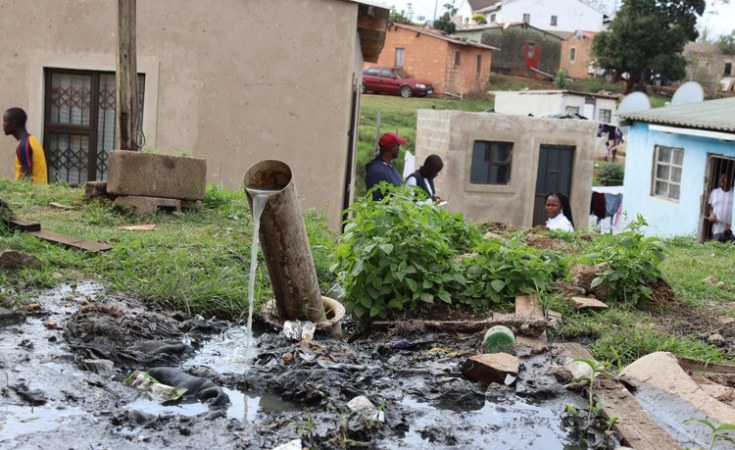A significant portion of our untreated sewage never even gets to our sewage plants. It goes straight into streams, rivers, dams, groundwater, and ultimately the ocean -- untreated and unaccounted for.
Just last month, President Cyril Ramaphosa and Minister of Water and Sanitation Senzo Mchunu were in Pietermaritzburg to give addresses on upgrades to water supply in Vulindlela and to the Darvill Sewage Works.
The work on Darvill Sewage Works has been substantial, with the government reporting that over R1-billion has been spent on upgrades there over the last decade. The upgrades are aimed at handling predicted increases in demand for a minimum of 20 years. This is a major step in the right direction.
Effectively and efficiently treating wastewater before it is released into the environment is vital to ensure that our streams, rivers and dams (primary sources of freshwater) are not contaminated, leaving them safe and suitable for further use, often by vulnerable communities, for recreation, farming, and for supporting the ecosystems on which we all depend.
This kind of remediation of sewage works around the country is obviously sorely and urgently needed, as has been discussed in many articles, both scientific and otherwise, over the last two decades.
The shockingly poor state of South Africa's sewage works was already apparent in the Green Drop Reports between 2008 and 2013, before the former minister Nomvula Mokonyane put a...


